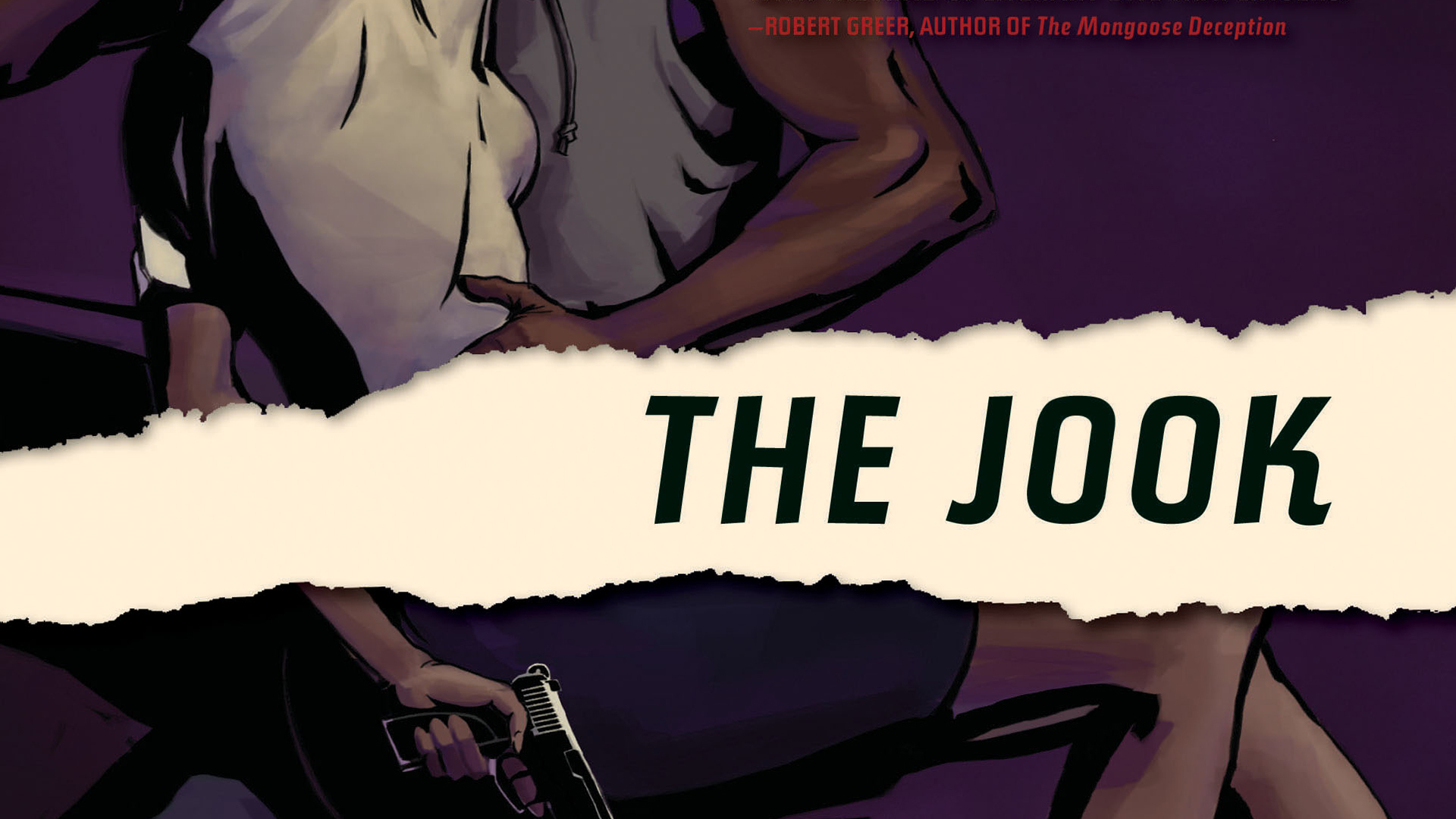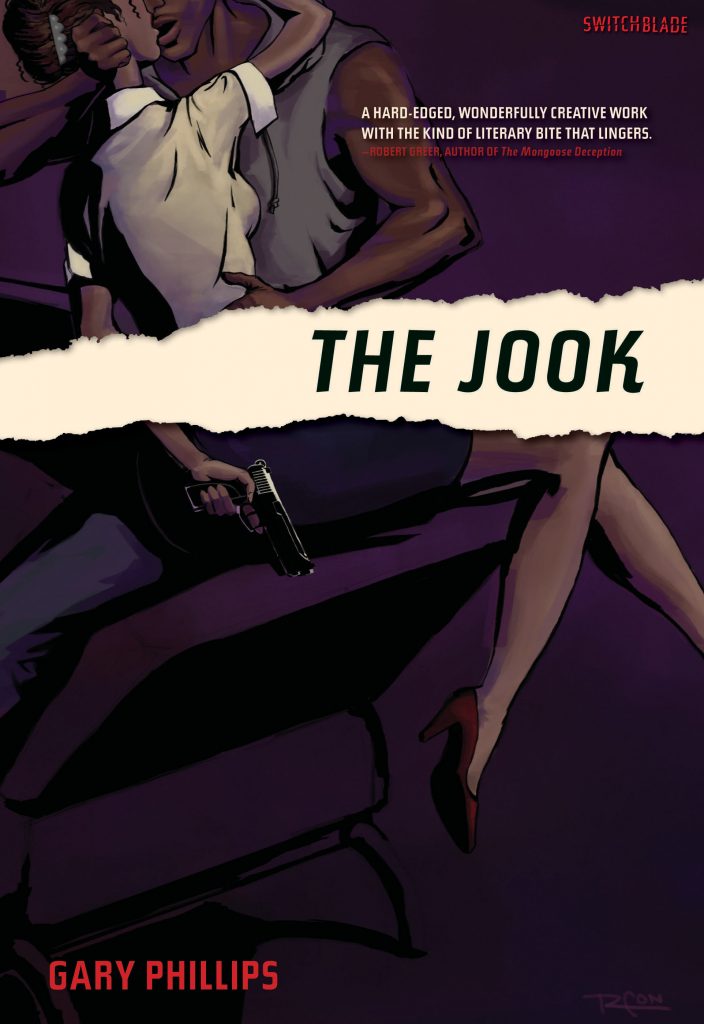By Benjamin Whitmer
Denver Times
Jim Thompson, a writer who Gary Phillips greatly admires, once summed up crime fiction’s worldview with the line, “life is a bucket of shit with a barbed wire handle.” Nobody knows that like Zelmont Raines, the protagonist of The Jook. He’s got more problems than a dog has fleas, and most of them stem from his own heavily compromised character. Once an All-Pro NFL receiver, his career has gone directly south thanks to a bum hip and a statutory rape beef, of which he complains “all I got was a couple of blowjobs for all the goddamn trouble that handicapped chick cost me.” And then there’s the crack-cocaine, high-priced liquor, and predilection for the kind of women who inspire less than stellar life-choices. You get the picture.
If Zelmont Raines doesn’t sound entirely likeable, well, he’s not. As the novel opens with Raines trying out for a new Los Angeles football franchise, the Barons, it becomes immediately apparent that the only thing he’s interested in rehabilitating is his career. And when the Barons’ attorney, Wilma Wells, seduces him with a plan to heist a few million dollars from the Mafia-connected owner of the team, it hardly seems out of character for Raines to accept. He needs money, and if he can’t make it playing football, he’s not above exploring other options.
Raines’ first-person voice is one of the most compelling things about The Jook. It reads like something the aforementioned Jim Thompson and Donald Goines might have cooked up at the kitchen table after a night of cheap bourbon and black tar heroin. There’s no junk about redemption, just the refreshing amorality of Raines’ relentless hustle, with plenty of high violence and low sex as he barrels towards a conclusion that seems all but inevitable.
Gary Phillips is known by crime fiction aficionados as a master the form, and reading The Jook it’s easy to see why. The dialogue crackles, the tone’s pitch-perfect, and the prose rolls along with the kind of effortless cool that only comes with monstrous effort, not to mention an equal portion of talent. Phillips also has a delightful sense of play, an all-too-rare commodity in the genre. When introduced to the shady proprietor of a specialized rehab services agency named Burroughs, any fan of William S. Burroughs – junky, pederast and beat writer – are going to have trouble not swallowing their own tongue in delight. Especially when Phillips describes “his boat end of a face yellow colored from whatever narcotics he was currently popping.”
Phillips also captures the spirit of Los Angeles in a way that very few but Raymond Chandler and James Ellroy have even attempted. Which is no surprise. At a time when the majority of crime fiction authors seem to be former television writers, Phillips has learned the city from the ground up, working with gangs and pounding the streets as a community activist and union organizer. It’s a career path that has served him well as a crime writer. Even set in the glossy world of high-priced athletes, the Los Angeles that comes through is as destroyed and degenerate as Raines’ football career, making The Jook a down-and-dirty crime fiction marvel.







